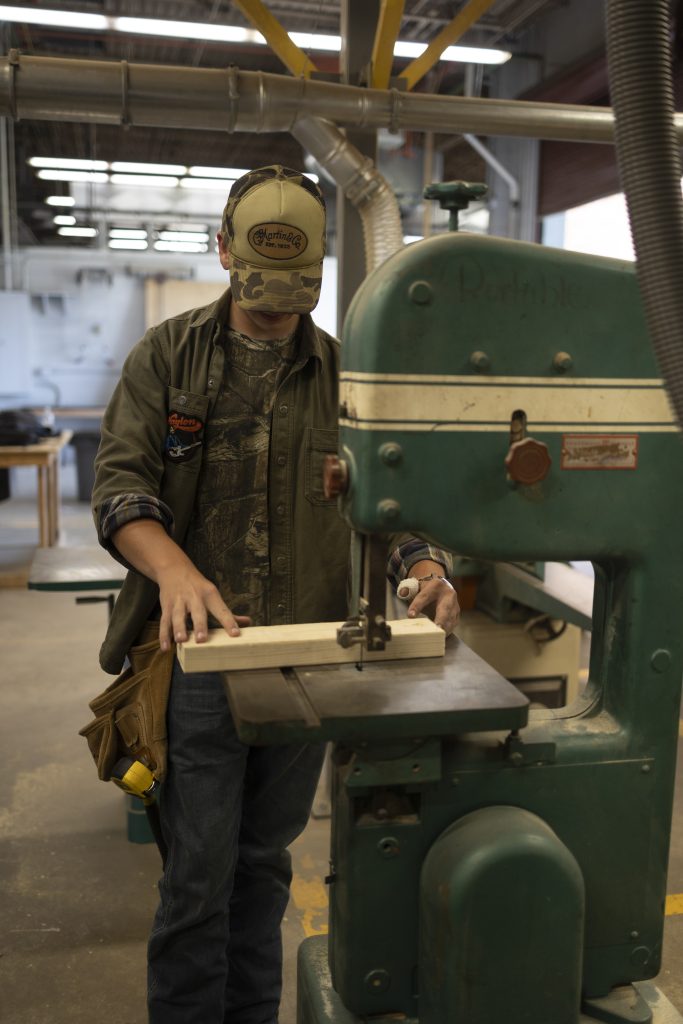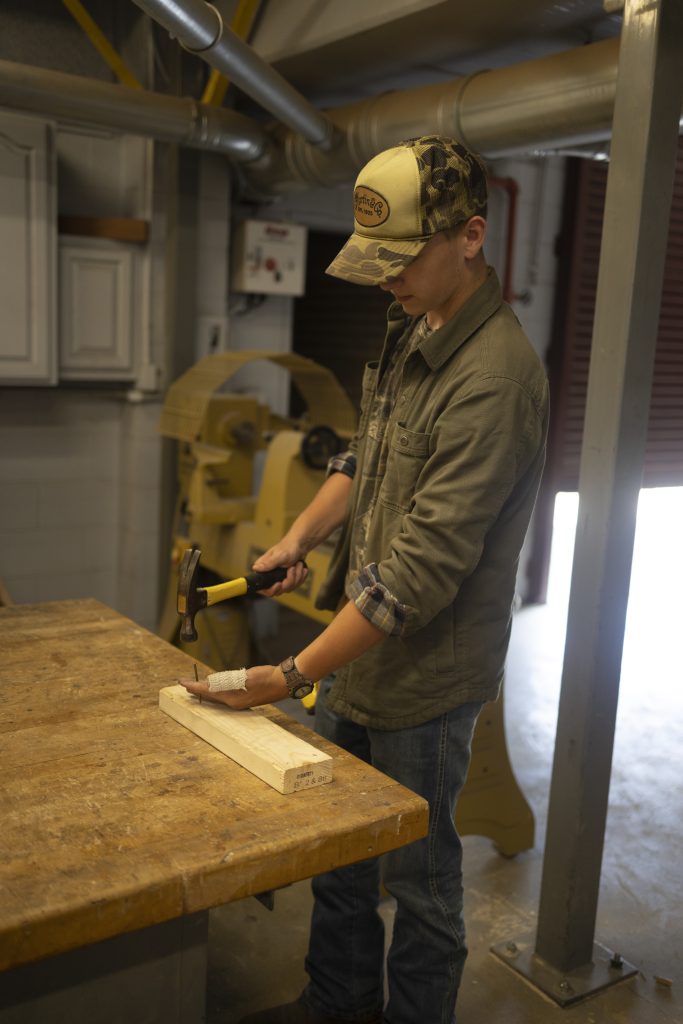Vocational - Agriculture - Carpentry

AGRISCIENCE
Agriscience is an introductory laboratory science course that prepares students for biology, subsequent science and agriculture courses, and postsecondary study. This course helps students understand the important role that agricultural science and technology plays in the twenty-first century. In addition, it serves as the first course for all programs of study in the Agriculture, Food, & Natural Resources cluster. Upon completion of this course, proficient students will be prepared for success in more advanced agriculture and science coursework. This course counts as a lab science credit toward graduation requirements.
CONSTRUCTION PRACTICUM

students learn to refine their skills in problem solving, communication, teamwork, and project management in the completion of a course-long project. Due to the importance of on-the-job training in the construction industry, a principle aim of the practicum is to assist students with placements where on-the-job training occurs, if available, so they can begin to log hours on a worksite and gain experience prior to entering the job market, such as in pre-apprenticeships. Additionally, students are exposed to the great range of postsecondary opportunities in today’s construction fields as well, in order to prepare them to make an informed decision regarding their post-high school plans.
CAREER EXPLORATION
FUNDAMENTALS OF CONSTRUCTION

Students will be able to employ tools safely and interpret construction drawings to complete projects demonstrating proper measurement and application of mathematical concepts. Standards in this course also include an overview of the construction industry and an introduction to building systems and materials.
GREENHOUSE MANAGEMENT
LARGE ANIMAL SCIENCE
MECHANICAL, ELECTRICAL, & PLUMBING SYSTEMS
Mechanical, Electrical, & Plumbing Systems prepares students for electrical, plumbing, and HVAC careers by introducing students to the physical principles of these systems and the fundamental skills needed to work with them. Upon completion of this course, proficient students will be able to follow safety procedures and use tools to perform basic operations with electrical circuits, as well as demonstrate understanding in fundamental concepts of electricity theory (i.e. Ohm’s Law).


